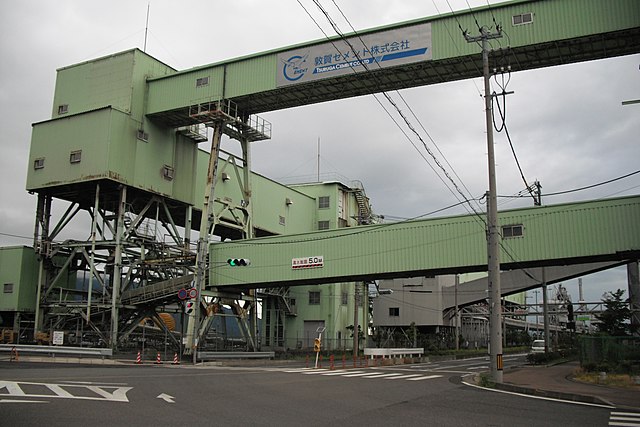In today's rapidly evolving industrial landscape, data has emerged as the new oil, and harnessing its potential is crucial for staying competitive and driving operational excellence. Industrial DataOps, a blend of data management and operations, is revolutionizing the way industrial companies leverage data to make informed decisions, optimize processes, and enhance productivity. In this article, we will explore the importance of Industrial DataOps and how it can be a game-changer for industrial enterprises.

The Data Deluge in Industrial Settings
Industrial companies generate vast amounts of data daily, encompassing everything from production and maintenance data to supply chain and customer insights. This data can be a goldmine of information, but only if it is collected, managed, and analyzed effectively. Without a robust data strategy, organizations risk being overwhelmed by the sheer volume of data, leading to missed opportunities and inefficiencies.
The Role of Industrial DataOps
Industrial DataOps, short for Data Operations, is a methodology that focuses on the end-to-end data lifecycle, from data generation and collection to processing, analysis, and decision-making. It is a discipline that combines data engineering, data science, and operations to ensure that data is treated as a valuable asset and not just a byproduct of operations.

Here are some key reasons why Industrial DataOps is essential for industrial companies:
-
Improved Decision-Making: Industrial DataOps empowers decision-makers with real-time, accurate, and actionable insights. By analyzing historical data and monitoring current operations, companies can make informed decisions that lead to increased efficiency, reduced downtime, and cost savings.
-
Predictive Maintenance: One of the most significant advantages of Industrial DataOps is its ability to predict equipment failures and maintenance needs. By continuously monitoring machine data, companies can schedule maintenance activities proactively, minimizing disruptions and extending the lifespan of their assets.
-
Supply Chain Optimization: Industrial DataOps can optimize supply chain operations by providing visibility into inventory levels, demand forecasts, and shipping logistics. This ensures timely deliveries, reduced lead times, and cost-effective inventory management.
-
Quality Control: DataOps can enhance product quality by monitoring production processes and identifying deviations from quality standards in real-time. This helps in reducing defects and waste, ultimately leading to higher customer satisfaction.
-
Cost Reduction: Efficient data management and analysis can uncover cost-saving opportunities across the organization. Whether it's optimizing energy consumption, reducing raw material wastage, or streamlining production processes, Industrial DataOps can identify areas for cost reduction.
-
Compliance and Risk Management: DataOps helps industrial companies stay compliant with regulations and manage risks effectively. By maintaining accurate records and implementing data governance practices, organizations can mitigate compliance risks and respond proactively to potential issues.
-
Innovation and Competitive Advantage: Industrial DataOps fosters innovation by enabling companies to experiment with new technologies such as artificial intelligence, machine learning, and IoT. These technologies can lead to new product offerings and business models, giving companies a competitive edge.
Implementing Industrial DataOps
To harness the full potential of Industrial DataOps, companies must follow a structured approach:
-
Data Strategy: Develop a comprehensive data strategy that aligns with business objectives. Define data governance policies, data quality standards, and data security protocols.
-
Data Collection and Integration: Collect data from various sources, including sensors, machines, and external data feeds. Ensure seamless integration and data flow between systems.
-
Data Analysis and Visualization: Employ data analytics and visualization tools to gain insights from the data. Create dashboards and reports that provide actionable information to decision-makers.
-
Data Maintenance and Governance: Regularly clean and maintain data to ensure its accuracy and reliability. Establish clear data ownership and accountability within the organization.
-
Continuous Improvement: Embrace a culture of continuous improvement, where data-driven insights drive operational enhancements and innovation.
In conclusion, Industrial DataOps is no longer a luxury but a necessity for industrial companies looking to thrive in today's data-driven world. By harnessing the power of data through a well-structured DataOps approach, organizations can optimize operations, reduce costs, improve quality, and gain a competitive edge. It's time for industrial enterprises to embrace Industrial DataOps as a catalyst for success in the modern industrial landscape.